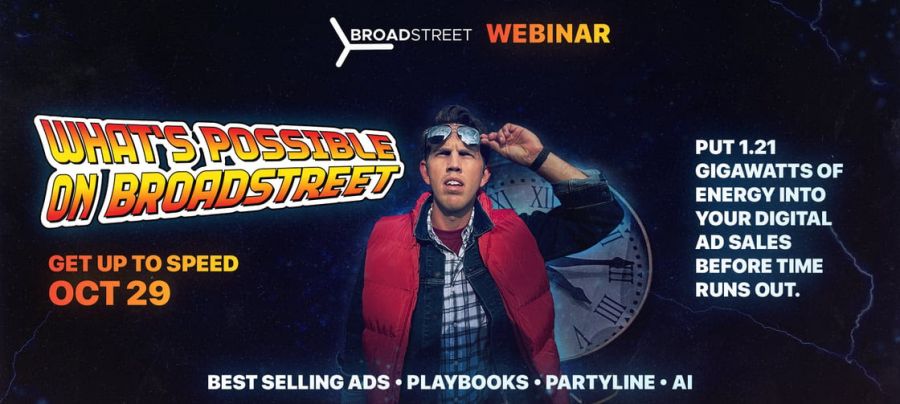Brand loyalty is a powerful force
John Foust
Jan 1, 2025


My grandmother Martha lived in Wilson, which is in eastern North Carolina. As a widow, she remarried later in life to a widower named Herman. I was in my twenties then, and it was a special privilege to see those sweet lovebirds spend their final years together.
A few years after they married, they moved to a retirement community in Durham, about 30 minutes away from Raleigh, where I was living.
Being so close, I visited them as often as I could. I remember calling before one visit to ask if there was anything they needed. Herman said he needed a can of Barbasol shaving cream from a particular drug store in Wilson. I was happy to do that and, although I mentioned that Barbasol was sold everywhere, he insisted that it had to come from that favorite drugstore. I ended up buying the shaving cream in Raleigh and took it to him, never letting on that it came from a different store. Everything worked out fine.
Brand loyalty is a powerful force. For years, Herman was loyal to Barbasol shaving cream and that drug store. He wasn’t unpleasant about it at all; that was simply his choice. Like Herman, we all have loyalties to specific brands. Some of us wouldn’t think of driving anything but a Toyota. Some always have Cheerios in their kitchen cabinet. And others will drive past two grocery stores to get to the store they like best.
Branding is a big topic that has inspired countless books, articles, seminars and lectures. But for our purposes today, let’s narrow it down to one question: How can you deal with an advertiser who doesn’t consider your newspaper, because of a strong loyalty to another advertising choice?
Franklin, who has been a sales manager for many years, told me about his team’s approach. “We acknowledge that loyalty runs deep in the advertising industry.
We have plenty of advertisers who are loyal to us, so we understand how some people are loyal to others. Maybe a business has had good results running ads somewhere else. Maybe they have a long-term relationship with the other ad department. Or maybe it’s a comfortable habit or a resistance to the perceived difficulty of setting a new course.
“When we hit that brick wall with a potential advertiser, we do two things,” Franklin explained. “First, we develop a plan to stay in touch. We don’t become a pest; we just reach out to them every now and then to keep ourselves top-of-mind. We might send information about a relevant special section or even an interesting article about their favorite team.
“The second thing is to watch carefully for signs of change in their business because change might indicate a willingness to consider new ideas. Is there new ownership or management? Is there a new ad manager? Are they planning to open a new home office or store location? Big or small, a hint of change could open the door for a sales appointment.” © Copyright 2025 by John Foust. All rights reserved.
John Foust has conducted training programs for thousands of newspaper advertising professionals. Many ad departments are using his training videos to save time and get quick results from in-house training. Email for information: john@johnfoust.com










